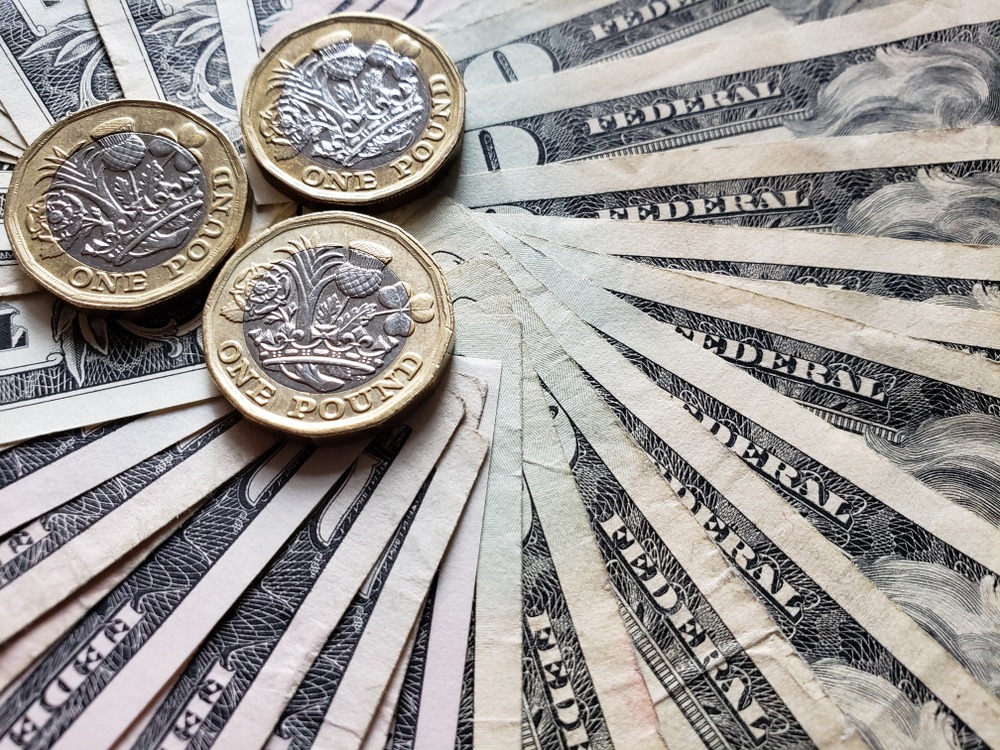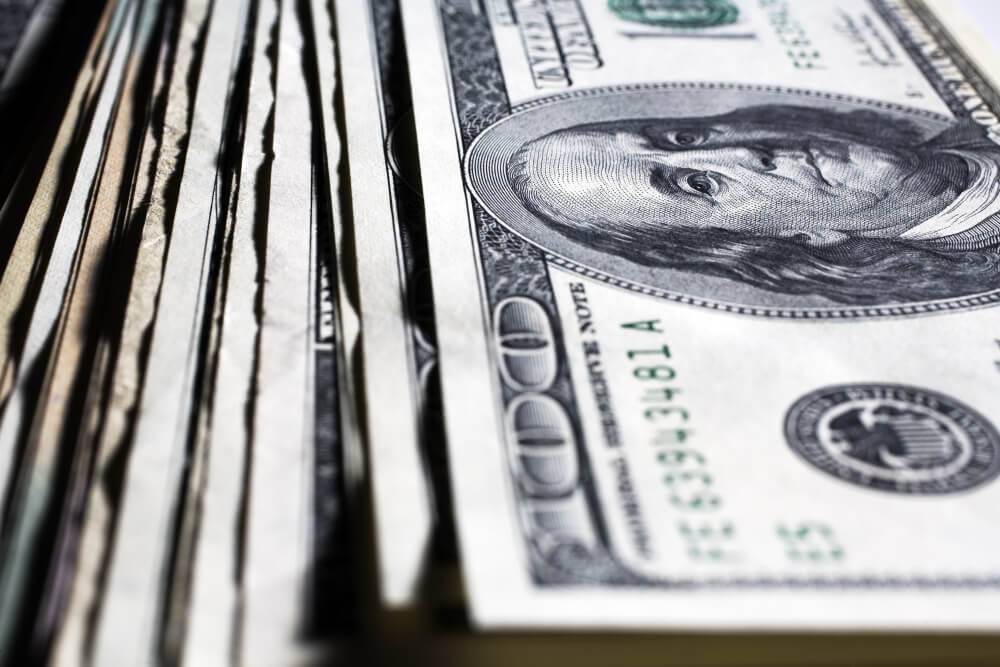The dollar steadied on Friday’s forex trade ahead of data from the United States. An increase in job creation and a lower unemployment rate for March are expected to be seen on the data. The world’s largest economy maintains a steady recovery from the COVID-19 health crisis.
In recent weeks, sentiment for the dollar has improved, while Treasury yields have spiked. Spurring economic optimism were President Joe Biden’s planned stimulus of over $2 trillion and a rapid COVID-19 vaccine roll out. However, these have created inflation fears.
On Friday, trading is likely to be muted with most major global markets shut for Good Friday holiday. According to analysts, the greenback’s rise to multi-month highs will likely continue as more investors bet on economic recovery.
Currencies Movements
The dollar last traded at 110.62 yen and was not far from its strongest level in a year. Against the euro, the dollar was quoted near a five-month high at $1.1777. After losing 0.2% on Thursday, the dollar was steady at 0.9417 Swiss franc.
On the other hand, the British pound was little changed at $1.3843.
Due later on Friday, U.S. nonfarm payrolls are forecast to have risen by 647,000 in March from 379,000 in February. The unemployment rate is expected to decrease to 6.0% from 6.2%.
The dollar index stood at 92.862, on track for its third consecutive week of gains.
Most financial markets were closed for the Easter holiday in Australia, Singapore, Hong Kong, Britain, Europe and the United States. Due to this, major currencies are not expected to move much on Friday.
With antipodean currencies, the Australian dollar (AUD) edged up to $0.7629. In the previous session, it fell to a three-month low. The New Zealand dollar (NZD) stood at $0.7034.
U.S. Trade Chief Voices Concern to Vietnam
Elsewhere, on Thursday, U.S. Trade Representative Katherine Tai was on a call with the minister of industry and trade of Vietnam. A USTR statement said Tai highlighted U.S. concerns about Vietnam’s currency practices.
She also discussed U.S. concerns on illegal timber practices, digital trade, and agriculture with the Vietnamese minister Tran Tuan Anh.
In December, the U.S. Treasury Department labeled Vietnam a currency manipulator. It was due to its growing trade surplus with the United States. Moreover, its large global current account surplus and heavy foreign exchange market intervention to hold down the value of its dong currency.
The USTR released the results of what is called Section 301 investigation into Vietnam’s currency practices in January. It found Vietnam’s actions to push down the value of its currency were unreasonable. It restricted U.S. commerce, however, it did not take immediate action to impose punitive tariffs.















